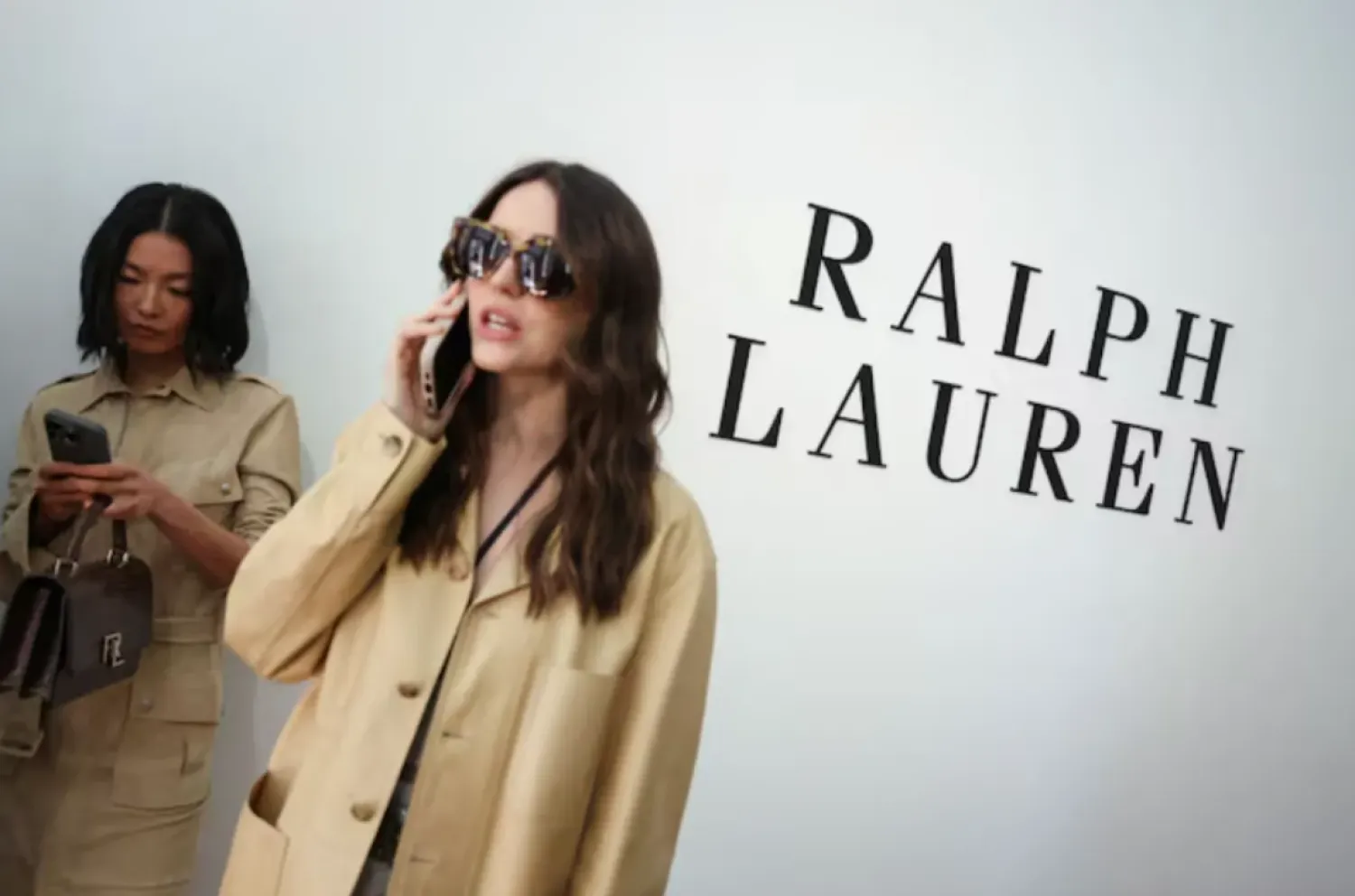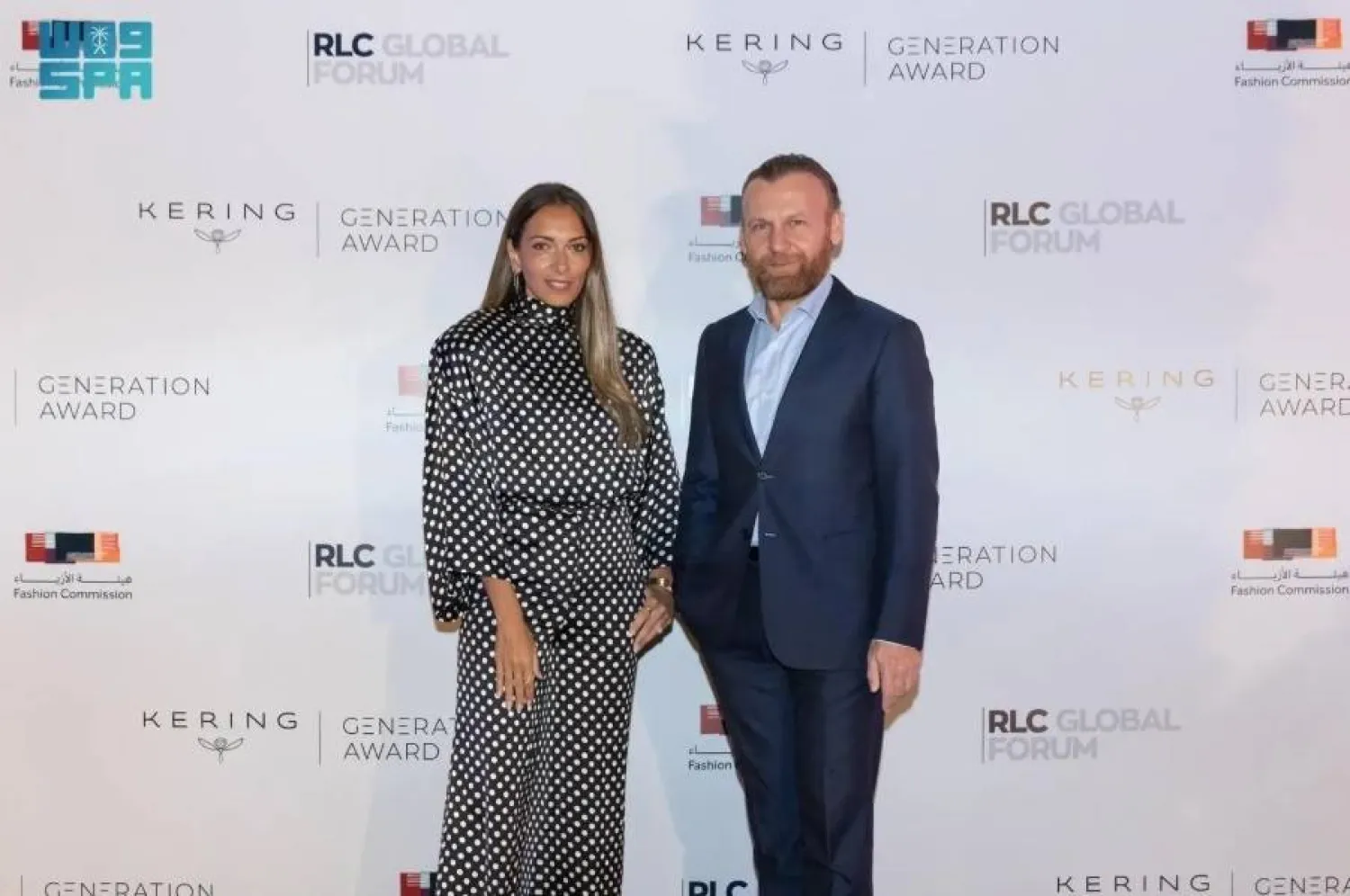Casual wear giant Uniqlo is facing calls for a consumer boycott in China after the CEO of the clothing company's owner said it does not source cotton from China's Xinjiang, which has faced allegations of forced labor in recent years.
Fast Retailing CEO Tadashi Yanai made the comment during an interview in Tokyo with the British Broadcasting Corporation that was published on Thursday.
Two hashtags on Yanai's comment went viral on Friday on Chinese social media platform Weibo, where several users slammed the company and vowed to never purchase its products.
"With this kind of attitude from Uniqlo, and their founder being so arrogant, they're probably betting that mainland consumers will forget about it in a few days and continue to buy. So, can we stand firm this time?" one user wrote.
Fast Retailing did not immediately respond to a Reuters request for comment.
China is Fast Retailing's biggest overseas market and it has more than 900 stores on the mainland. Greater China, including Taiwan and Hong Kong, accounts for more than 20% of the company's revenue.
The issue of sourcing from Xinjiang has been a geopolitical minefield for foreign firms with a large presence in China.
This was demonstrated by the consumer boycott Uniqlo’s rival, H&M, faced in China in 2021 for a statement posted on its website where it expressed concern about the allegations of forced labor in Xinjiang and said it would no longer source cotton from there.
H&M saw its stores removed from major e-commerce platforms and its store locations moved from map apps in China as it bore the brunt of consumer anger at companies refusing to source cotton from Xinjiang, although other Western brands including Nike, Puma, Burberry and more were also caught up in the controversy.
Uniqlo Risks Boycott in China after CEO's Xinjiang Comment

People shop at a UNIQLO store during the grand opening of the The Hudson Yards development, a residential, commercial, and retail space on Manhattan's West side in New York City, New York, US, March 15, 2019. REUTERS/Brendan McDermid

Uniqlo Risks Boycott in China after CEO's Xinjiang Comment

People shop at a UNIQLO store during the grand opening of the The Hudson Yards development, a residential, commercial, and retail space on Manhattan's West side in New York City, New York, US, March 15, 2019. REUTERS/Brendan McDermid
لم تشترك بعد
انشئ حساباً خاصاً بك لتحصل على أخبار مخصصة لك ولتتمتع بخاصية حفظ المقالات وتتلقى نشراتنا البريدية المتنوعة







